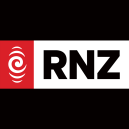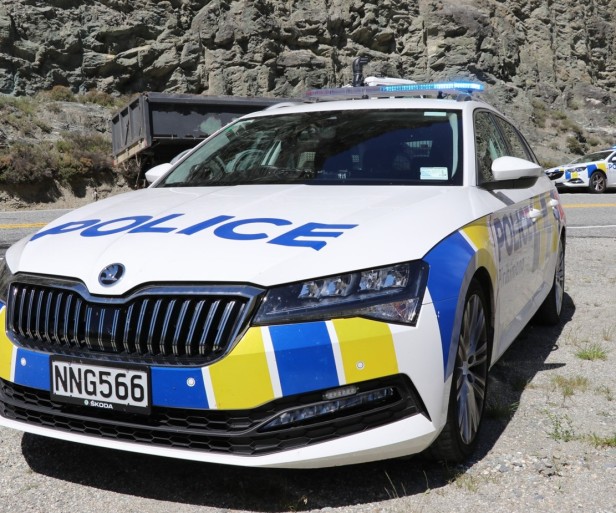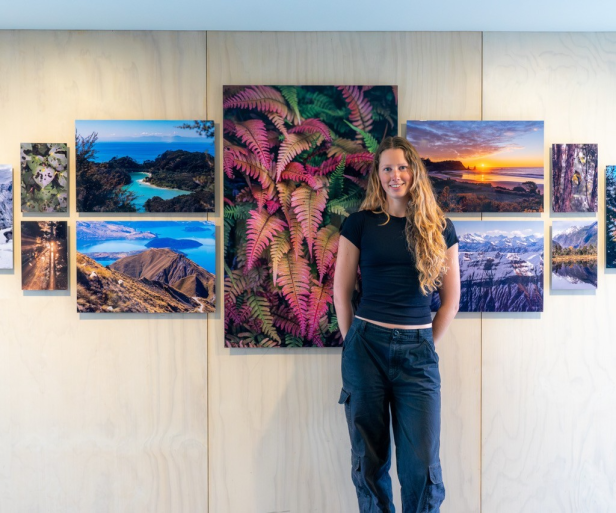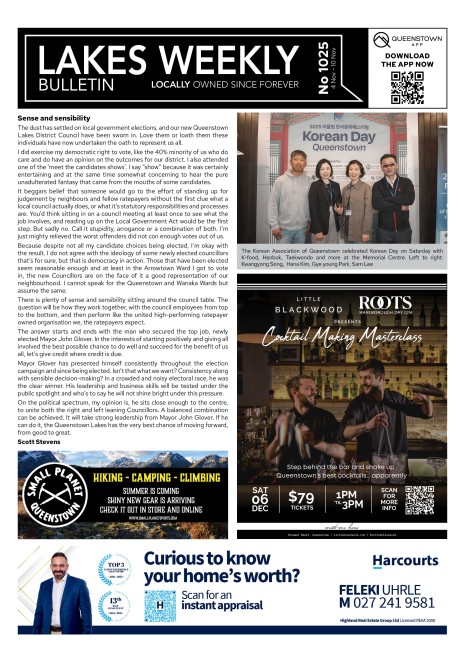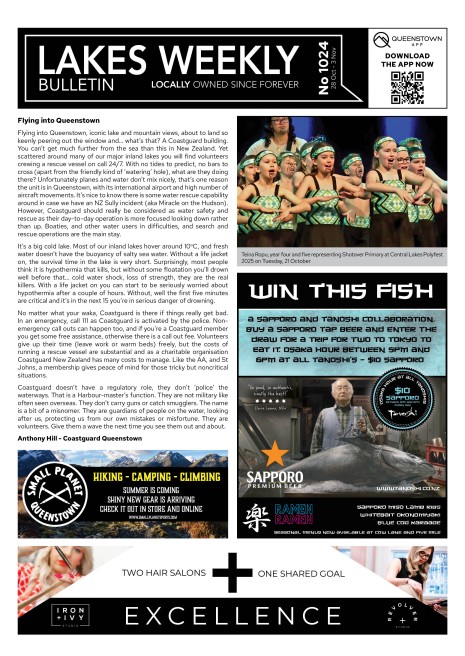Drug testers uncover dangerous stimulant in party drugs ahead of festival season
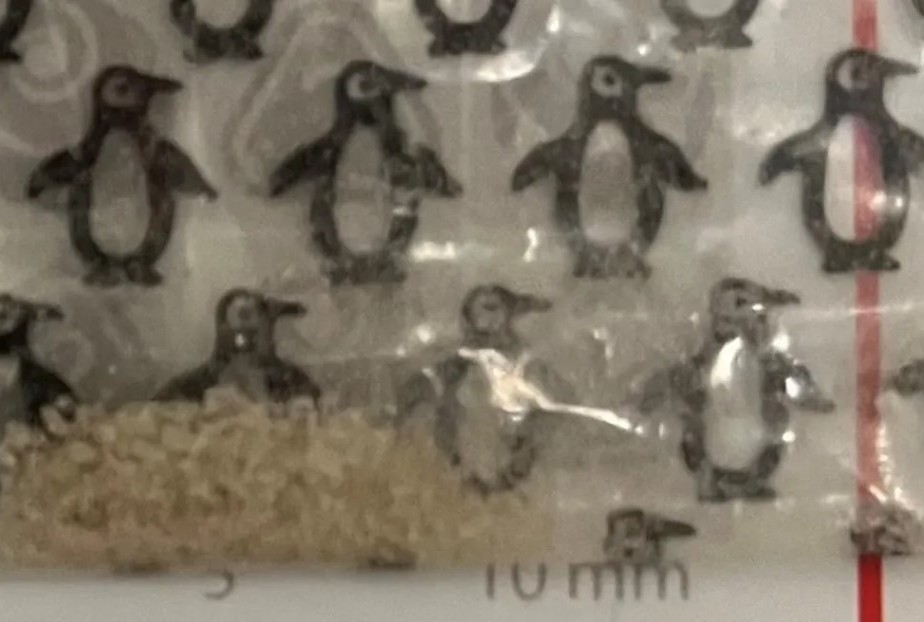
Testing clinics have discovered a dangerous drug being sold as MDMA in the Christchurch region, drug harm prevention agencies say.
Know Your Stuff deputy manager Dr Jez Weston said preliminary test results were showing the presence of a powerful stimulant an Alpha-PVP-like substance in drugs submitted to testing stations ahead of the festival season.
"The risks are overstimulation, vomiting, seizures and Alpha-PVP has a bit of a habit of causing psychosis and very erratic behaviour. It's definitely caused deaths overseas, especially if it's combined with alcohol or other drugs," Weston said.
Early warning agency High Alert issued a notice about the findings on Wednesday evening.
They said one typical dose of what the user believed was MDMA could actually contain up to 10 doses of the powerful stimulant.
High Alert supervisor Jen Vermeulen said the brown powder could also be being sold in other regions and people should be extremely cautious if they have any doubts about the drugs they were taking.
"We really recommend testing it."
The Institute of Environmental Science and Research was conducting further tests to determine the exact nature of the substances submitted, Vermeulen said.
Know Your Stuff's Jez Weston said the drug was detected earlier in the year but appeared to be more prevalent this summer.
Drug testing teams had been running pop-up clinics in cities across the country and would be attending at least 17 music festivals during the summer season, Weston said.
The sites tested hundreds of samples each day and about 25 volunteers were on hand to offer advice on staying safe, he said.
"It's not cheap. It's partially publicly funded and it's also partially funded by the events themselves. So everyone is making a contribution here to look after people at festivals. If one person avoids a helicopter flight to hospital then actually we've paid for ourselves several times over."
The demand for drug testing had boomed in the two years since the practice was made legal, Weston said.
"The level of drug use in New Zealand, compared to the amount of drug checking that we're doing, we're only addressing a very small portion of the harm that is potentially out there. But New Zealand has got the world's first fully legal and publicly funded drug checking service, so I think we can be pretty proud of what we've achieved so far. But we do have further to go."
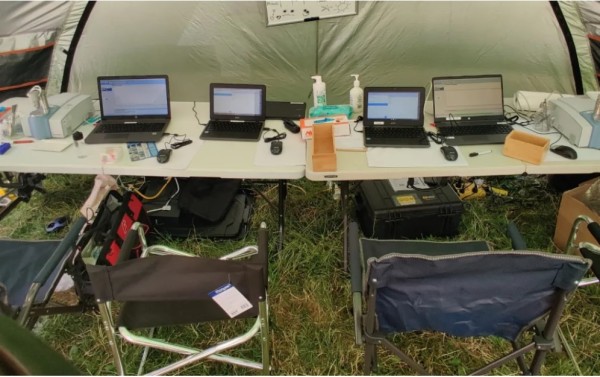
A set-up for drug testing at a festival. Photo: Know Your Own Stuff / Supplied
New Zealand Drug Foundation deputy executive director Ben Birks Ang said the event testing sites and pop-up clinics were sharing the use of just over a dozen spectrometers at a cost of $50,000 each.
The testing had proved its worth uncovering, in addition to the recent discovery of Alpha PVP, examples of heroin being sold as Ketamine and LSD tabs which actually contained a far more dangerous stimulant called N-Bombs (NBOMe), Birks Ang said.
Six people were hospitalised after taking N-Bombs in Christchurch in 2015.
Birks Ang said the drug testing clinics and festival checking allowed a different conversation than what he had typically experienced in over 20 years of work in addiction services.
"What I love about drug checking is that this provides an opportunity for anybody to have a conversation about substances, regardless as to whether they are struggling with their use, whether they're addicted to it or not, or whether they are just exploring first-time use," he said.
"For me, this is a really crucial part of the health system. It helps us to have good insight as to what's out there much, much earlier than we would. Because, otherwise, we'd only see about some of the more riskier things from when somebody ends up getting medical attention for it."
Birks Ang said a four-hour clinic in central Auckland in the week before Christmas was the busiest the foundation had ever held, with hundreds of people turning up to have substances tested.


